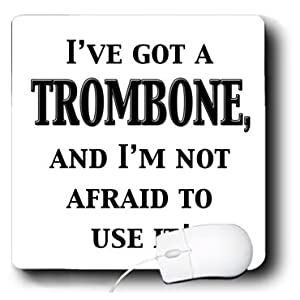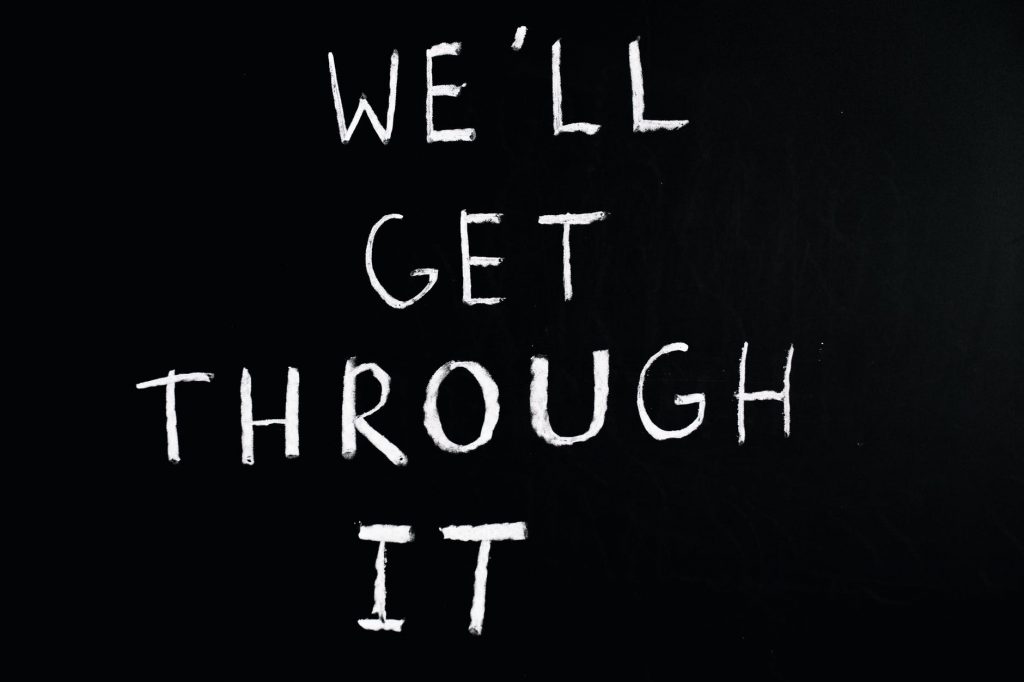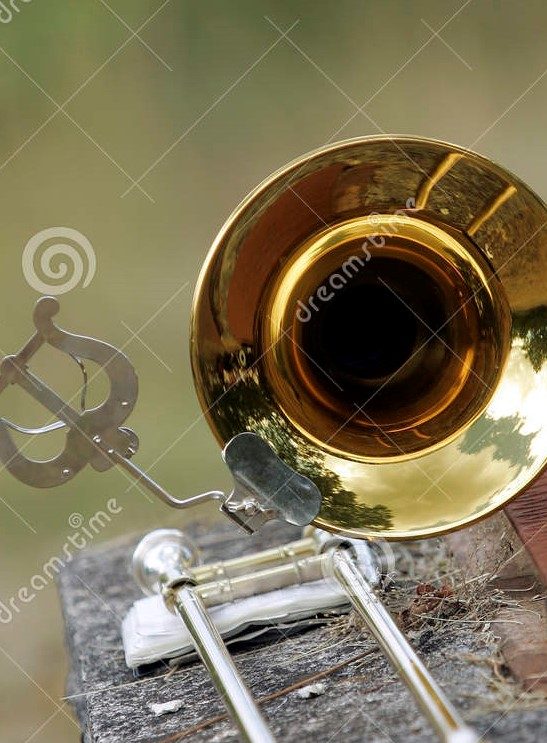One of the things that has caused problems for musicians in the last year has been the loss of rehearsal and performances which leads to the question “Why practice”?
I am sure that most of us have suffered with this to some extent, and it is understandable when there is nothing to aim for because concerts are not going ahead in any format at the moment and contests equally so.
I am equally sure that there are some players around who are very diligent in their practice regime in spite of all this, and I commend them for their commitment and dedication. So for those who find it difficult to keep going then how do we keep up the motivation levels?

Much depends on how and what you practice. Warm ups often include scales and arpeggios and some slurring exercises to get the air and the chops working, followed by some work at pieces being played in a group or something that your ensemble is rehearsing for. This can be a little soul destroying when there is no specific aim in mind as however well it is played it is likely that no-one will hear it for some time. Even then it may have got a bit overcooked by the time it is to be played with others. One way of dealing with this is to put those on the back burner for a while and turn attention to music that is enjoyable to play. These need not be difficult pieces and could be virtually any kind of music – a look through publisher’s catalogues illustrates this, and whatever your taste there probably be someone somewhere who caters for it (although it’s fair to say that I haven’t seen a lot of punk rock or acid house music arranged for brass band!). There are also lots of books around with backing tracks which will also make life more interesting, and although they have their drawbacks they can also be quite enjoyable. The main problem with them is tempos. You will most often have to play at the backing tracks tempo and elements of rubato are not really possible. There are publishers though, typically Alfred publications, who offer a tempo changer which alters the tempo of music files, and it isn’t confined to their own backing tracks as it seems to work with most mp3’s.
If you are lucky enough to live with someone who also plays then there is another opportunity to play together legally, and there are lots of downloadable duets, trios etc. that can be downloaded (some at a small cost) for this purpose. It will also keep the neighbours entertained (hopefully) but please don’t play after about 9pm. People do tend to get a bit upset by that.
You can also try and organise a remote recording. These have been very popular and a look at Facebook or other social media will turn up quite a few of these. The idea is that players record their own part of a piece against a backing track or click track and these are collated by someone who can mix the recordings to create a complete piece. This takes a bit of getting used to but the results can be very satisfying. This can be done by several players playing their own part or one player recording all the parts so they play the piece on their own. An example of a Telemann canon I made some time ago is on the link below
If you do this yourself you will need a video editor to mix the recordings together. This is something that you may not have done before but view it as a new skill you have learned in Lockdown. If you are a member of a band this may be something the MD will help you with.
Some bands have organised remote rehearsals. This sounds quite interesting but the lag on all platforms on the internet means that to play together “live” is not an option. Trust me I have tried it! Instead, it has become common for MDs to organise a remote session where they will share a screen and mute all the players. They will then play a recording of a piece which they have distributed the music for and players will play along to it. The feedback I have had for this type of event has been more positive than I thought it would be, and although it is a little frustrating for an MD not to be able to hear what’s going on, players feel that it as close as they are going to get to playing with others in current circumstances. Actually, I have been on both sides of this type of event and can certainly vouch for the fact that it is much more satisfying to play in than organise this type of group.
In conclusion, it is the case that life has been difficult for performers and it can be difficult to practice for non-existing events, but with a bit of creativity and some new skills there are things that can be done to at least relieve the boredom a little. It just needs a bit of out-of-the-box thinking.

Here are some tips to help you along, and if you have been doing something I have missed please let me know in the comments.
- Find something you like playing, you can always get back to the more serious stuff when there is a prospect of your group getting back together.
- Use backing tracks where available
- Organise duets, trios etc. with members of the same household playing downloaded music if no other is available.
- Consider setting up a remote video piece, either with yourself or others.
- Take part in online rehearsals that may be organised within your circle.



